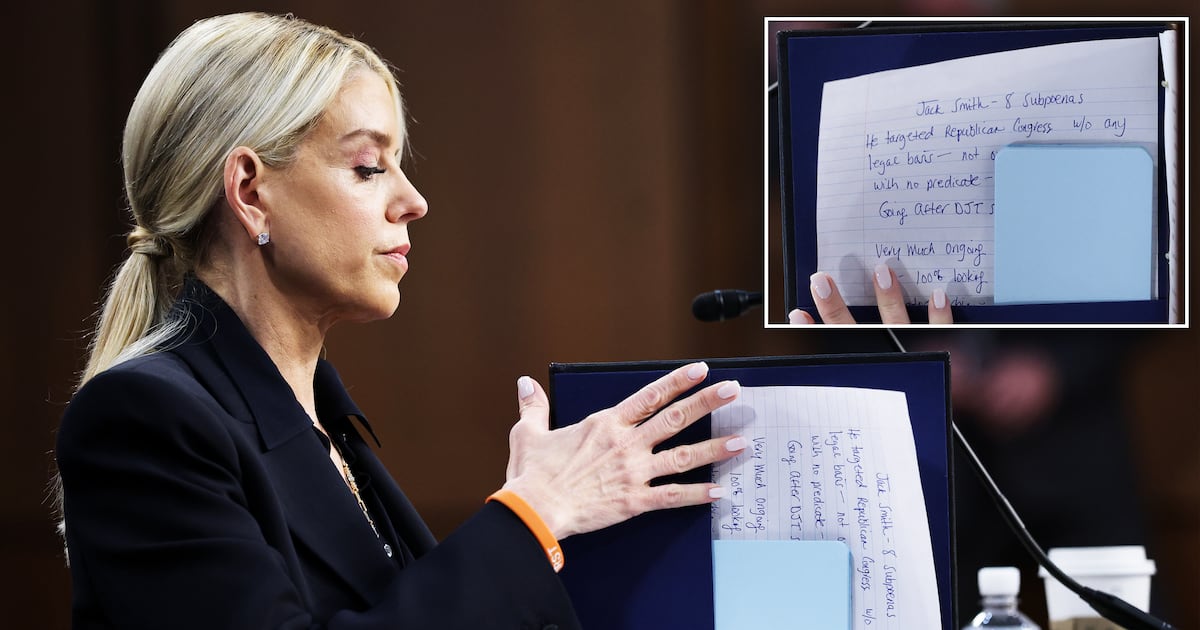Edward Snowden, the former CIA contractor who became the biggest leaker in the history of the National Security Agency, is on the run. On May 20 the 29-year-old left Hawaii for Hong Kong, shortly before The Guardian and The Washington Post began publishing what’s become a stream of stories about secret surveillance by the NSA on American citizens and others based on highly classified documents that he provided. While in hiding in Hong Kong, he outed himself as the source of those stories, and Sunday he was spirited to Russia, apparently en route to Ecuador, after the American government formally accused Snowden of willful communication of classified communications intelligence, theft of government property, and unauthorized communication of national defense information—charges that could send him to prison for 30 years.

But Hong Kong let him go. On Saturday Snowden purchased a ticket to Venezuela via Russia and Cuba. Some Russian news outlets originally reported that the Kremlin was willing to give him asylum; others said he was going to Iceland, while Aeroflot confirmed that he was definitely registered on the flight to Havana for Monday. While Snowden was in the air on his way from his secret location in Hong Kong to Moscow on Sunday, a caravan of black cars drove to the arrival area of Sheremetyevo International Airport; some had diplomatic plates and the flags of Venezuela and Ecuador.
The Russia 24 state channel reported that a Venezuelan Embassy black minivan rushed from the airport, taking somebody who looked like Snowden with it. Tight rows of reporters waited at the arrivals area in vain—neither Snowden nor Sarah Harrison, a WikiLeaks staffer traveling with him, walked out of the transit area, perhaps because they did not have Russian visas. It was reported that the Ecuadorian ambassador came to chat with Snowden in the airport. Last week Ricardo Patiño, Ecaudor’s minister of foreign affairs, met with Julian Assange at the Ecuadorian Embassy in London, where the WikiLeaks leader has spent the last year inside, as Sweden pursues sexual-assault charges against him and the prospect of extradition to the United States also looms.
On Sunday Patiño tweeted: “The government of Ecuador received an asylum request from Edward J. Snowden.” Shortly thereafter, WikiLeaks confirmed that Snowden would travel to Ecuador on Monday.
Right now both Snowden and Harrison “are peacefully sleeping at Capsule,” a Moscow airport hotel, a source from Aeroflot said.
Russian officials had previously said that Snowden would be welcomed and granted political asylum in Moscow. But independent experts say that Russian leaders see Snowden’s case as giving them a way to reopen the case for placing control of the Internet under a U.N. body, which Russia, China, and some Arab countries argued for last year. The United States successfully opposed the move, saying governments should not have access to information on the Internet. But with Snowden providing embarrassing examples of the United States spying on its own citizens and others around the world, the debate could be reopened.
While the Kremlin has taken care not to engage with Snowden directly, pro-Kremlin Russia Today reporters are doing so, experts say. “Moscow’s priority is not to find out the secrets that Snowden brings in his computer with him, but to blow up a big story out of his case, and once again start a global discussion on control over Internet. Most probably, Russia Today is making an agreement to cooperate with Snowden right now in the airport,” Andrei Soldatov, an expert on Russian security services, told The Daily Beast on Sunday.
Margarita Simonyan, the editor in chief of Russia Today, is friends with Assange, whom she hired to work for the Kremlin-aligned network in February 2012.






